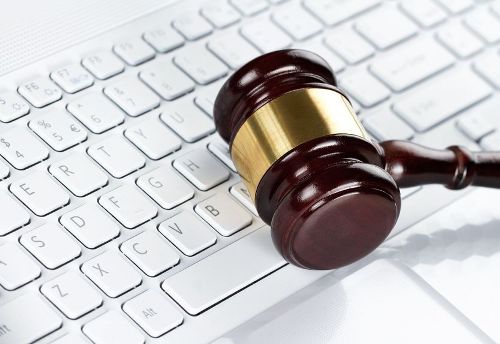Anyone who knows anything about law at all knows about slander and libel. Slander is that old dramatic trope that’s been used in novels for centuries. Someone slights some else verbally, and the other person takes great offense, resorting to legal means to punish the first person. Libel is a bit more complicated. Like slander, it is negative communication carried out against an individual. But it isn’t spoken; it must occur in some other form.
The issue is complicated because the “persons” spoken of above don’t have to be people at all. They can be institutions, religions, businesses, etc. The internet further complicates matters. With so many sorts of communications being recorded out there in the ether, most of which may be preserved forever (Youtube, Facebook, Instagram), it’s truly a convoluted bit of legislative thought to resolve these issues. In most cases, it’s so complicated that few cases have yet been tried.
But some have. In one recent case, a teacher successfully sued a former student for a Tweet. The amount the teacher received was only $105,000, a sum that many analysts think will be dwarfed by future headline stories. As one of the earliest stories to come to people’s attention, it’s an interesting precedent, and anyone who has spent any time online can imagine how many other cases could be initiated, simply by looking through a random Youtube video’s comments section.
Indeed, the internet is a bastion of free speech. We’ve all seen it take our normally polite relatives and turn them into bloviating opinion spewers. We’ve seen the worst things imaginable written about everyone from the President of the United States to Justin Bieber. The surprising thing about so many of these communications is just how casually these things were written. Because, as yet, there are basically no consequences for saying anything at all, there is no standard for what should and should not be said.
And that’s when the written communication is associated with someone’s real face and name. What happens when people post things on the internet anonymously? Well, a lot of stuff. The day before the tragic school shooting in Oregon, the shooter himself posted his plans on anonymous conversation forum 4Chan, early analysis appears to reveal. It has been long known that the internet provides havens for this kind of hate speech, but the real world implications have rarely been so clearly observed.
So what is the answer? Nobody knows. But it is clear that internet defamation and freedom of speech is going to be a very interesting corner of Law to observe over the next decade. Daniel Warner, Lawyer, is an expert in defamation. He works in a firm with a partner who specializes in internet defamation. With bright young lawyers like this already so attentive to issues like these, it’s only a matter of time before cases start to spark the public consciousness. Whatever happens, it is sure that the future standards of free speech and defamation on the internet will not closely resembled today’s status quo.
